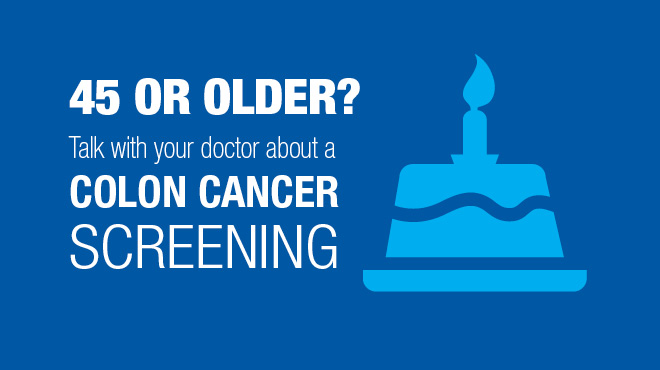The American College of Physicians states that most healthy individuals can postpone colorectal cancer screening until age 50.

Annually, there are 36.6 new cases of colorectal cancer per 100,000 people and 13.1 new deaths. (Photo: Integris Health)
The American College of Physicians (ACP) has updated its recommendations, recommending that asymptomatic, average-risk adults begin colorectal cancer screening at age 50.
The right age to begin screening is crucial because it enables medical professionals to assist more patients. Choosing the appropriate screening test is another important factor. Clinicians ought to go over the advantages and disadvantages of screening.
According to the American College of Physicians’ (ACP) most recent recommendations, asymptomatic adults with average risk should begin colorectal cancer screening at age 50. The Annals of Internal Medicine published the recommendation.
READ ALSO: New York Doctor Charged For Drugging And Sexual Abuse Allegations And Filming Abused Victims
According to Trusted Source, colorectal cancer affects 36.6 out of every 100,000 men and women, killing affects 36.6 out of every 100,000 men and women, according to Trusted Source, and it kills 13.1 out of every 100,000 men and women each year.
What are the most recent recommendations for colorectal cancer screening?
The updated recommendations from the ACP are meant to assist doctors in deciding when to screen adults with a normal risk of colorectal cancer but no symptoms.
Adults with average risk and no symptoms are advised to do the following, per this guidance statement: Start colorectal cancer screenings at age 50 in healthy, asymptomatic adults.
Consider skipping the screening for adults 45 to 49. Clinicians should discuss the benefits and drawbacks of screening in this age group with patients.
Adults over the age of 75 and adults at average risk who are asymptomatic and have a life expectancy of 10 years or less should no longer undergo colorectal cancer screenings.
Choosing a colorectal cancer screening test requires considering the advantages, disadvantages, costs, accessibility, frequency, and patient values and preferences.
A colonoscopy every 10 years, a flexible sigmoidoscopy every 10 years, a fecal immunochemical test every two years, or a high-sensitivity guaiac fecal occult blood test can all be used as colorectal cancer screening tests.
Use of stool DNA, computed tomography colonography, capsule endoscopy, urine, or serum for colorectal cancer screening is not advised.
What this might do for colorectal cancer treatment
According to Porwal, “This update might help improve the treatment of colorectal cancer by supplying physicians and patients with a clear and consistent framework for making informed decisions about screening.”
He clarified that screening enables medical professionals to find diseases at an early stage, when they are more likely to be treatable.
He continued, “Screening can also lessen the need for more invasive treatments like surgery, chemotherapy, or radiation therapy, which can have significant complications and side effects.
He concluded by saying that colorectal cancer screening can increase people’s chances of survival and quality of life.
Porwal went on to say that although cancer screening is crucial, there are risks involved.
READ ALSO: Oldest Americans Are The Happiest, According To Research
























